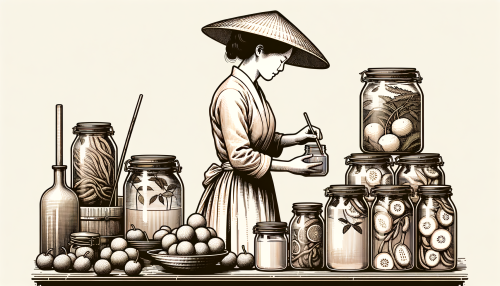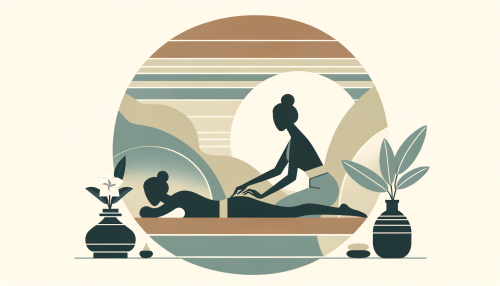Introduction
Homeopathy, a medical practice that has been around for centuries, is a unique approach to health and wellness. It is a system of medicine that is based on the principle of “like cures like”. This means that a substance that can cause symptoms in a healthy person can be used to treat similar symptoms in a sick person. Homeopathy is a holistic approach to health, taking into account the whole person, not just the disease. It is a gentle, safe and effective form of treatment that can be used for a wide range of conditions.
Understanding Homeopathy

Homeopathy is a system of medicine that was developed in the late 18th century by Samuel Hahnemann, a German physician. It is based on the principle of “similia similibus curentur”, or “like cures like”. This means that a substance that can cause symptoms in a healthy person can be used to treat similar symptoms in a sick person.
Homeopathy is a holistic approach to health, taking into account the whole person, not just the disease. It considers the physical, mental and emotional aspects of the individual, and aims to restore balance and promote the body’s natural healing abilities.
Homeopathic remedies are made from natural substances such as plants, minerals and animal products. They are prepared through a process of dilution and succussion (vigorous shaking), which is believed to enhance the healing properties of the substance while minimizing its toxicity.
Homeopathy is a gentle, safe and effective form of treatment that can be used for a wide range of conditions. It is suitable for people of all ages, from infants to the elderly, and can be used alongside conventional medicine.
Homeopathic Remedies
Homeopathic remedies are made from a wide variety of natural substances, including plants, minerals and animal products. They are prepared through a unique process of dilution and succussion (vigorous shaking), which is believed to enhance the healing properties of the substance while minimizing its toxicity.
There are thousands of homeopathic remedies available, each with its own specific therapeutic action. Some of the most commonly used remedies include Arnica (for bruising and muscle soreness), Belladonna (for fever and inflammation), and Nux vomica (for digestive complaints).
Homeopathic remedies are usually taken orally, but can also be applied topically in the form of creams or ointments. They are available in various potencies, with the choice of potency depending on the nature and severity of the symptoms.
Family Care Applications
Homeopathy can be used for a wide range of conditions, making it a valuable tool for family care. It can be used to treat acute conditions such as colds, flu, ear infections and minor injuries, as well as chronic conditions such as asthma, eczema and arthritis.
Homeopathy is particularly beneficial for children, as it is gentle, safe and does not have the side effects associated with many conventional medicines. It can be used to treat common childhood ailments such as teething, colic, bedwetting and behavioural problems.
Homeopathy can also be used during pregnancy and childbirth, to help with morning sickness, back pain, heartburn and other common complaints. It can also be used to support the body during labour and to aid recovery after birth.
Conclusion
In conclusion, homeopathy is a holistic, gentle and effective form of treatment that can be used for a wide range of conditions. It is a valuable tool for family care, suitable for people of all ages, from infants to the elderly. With its emphasis on individualized treatment and its use of natural remedies, homeopathy offers a unique approach to health and wellness.





